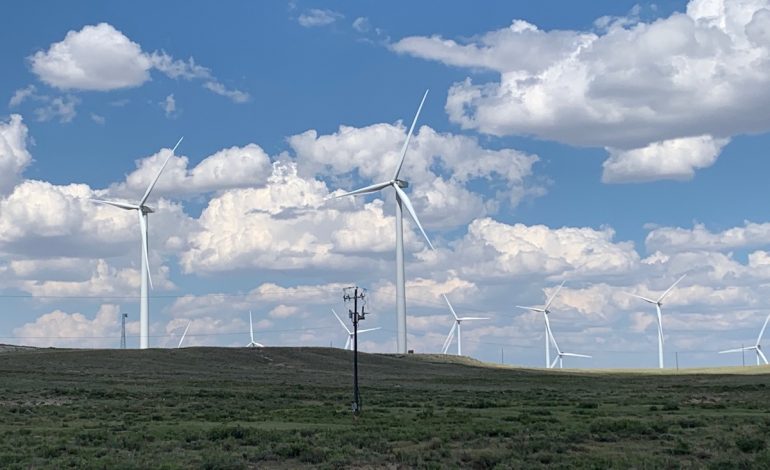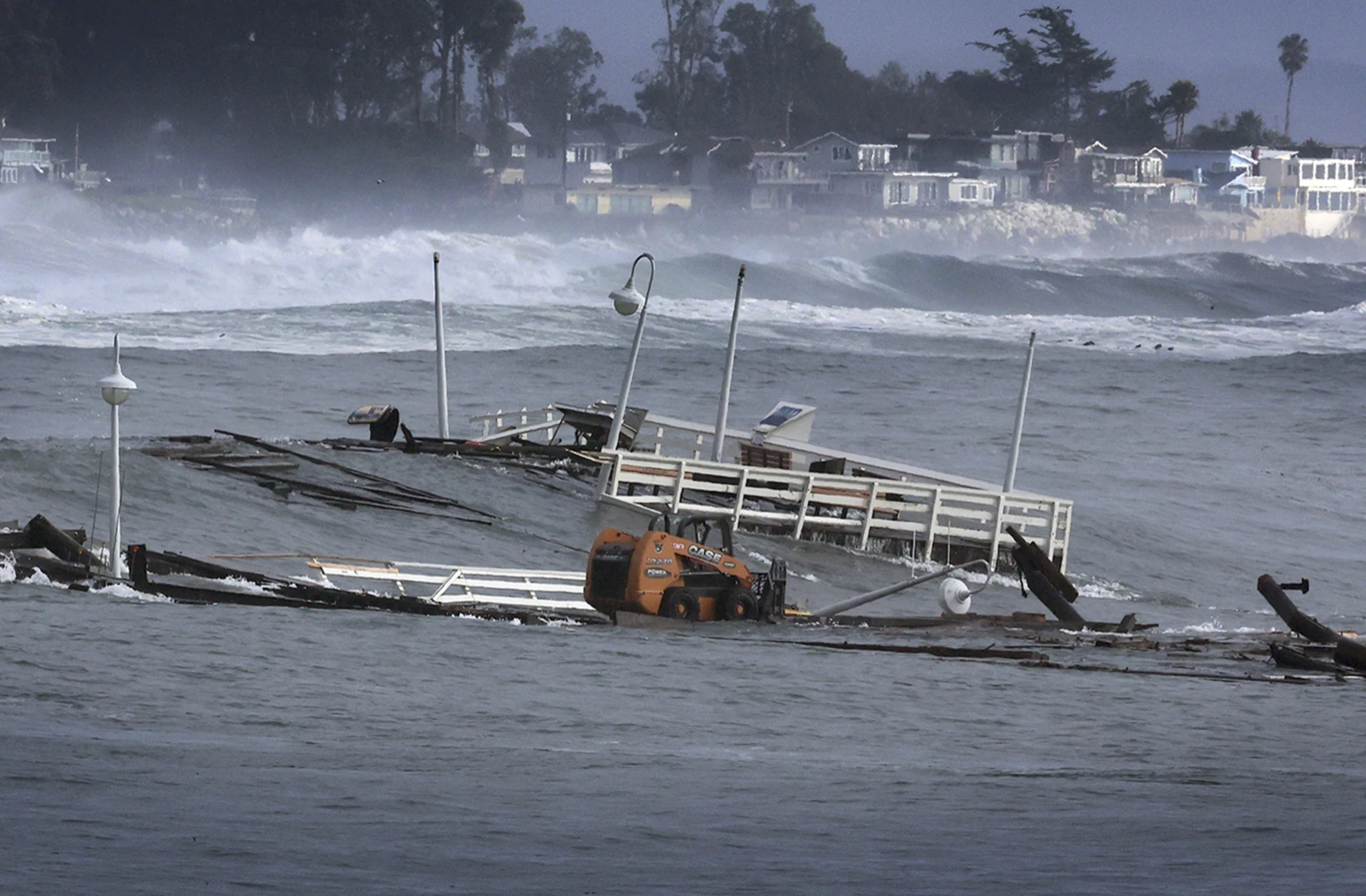PacifiCorp Considers Potential Breakup, Aligning Wyoming with Pro-Coal Interests

PacifiCorp, the electric utility serving six Western states, is exploring a possible reorganization that could align Wyoming and Utah with their pro-coal energy policies while addressing growing tensions over its shift toward renewable energy, Wyo File reports.
While details remain uncertain, the potential “corporate realignment” could impact Wyoming ratepayers, bringing both costs and potential benefits.
PacifiCorp operates under Berkshire Hathaway and serves states with contrasting energy policies. Wyoming and Utah have pushed for fossil-fuel-centered strategies, while California, Oregon, and Washington prioritize renewable energy. This divergence has created friction, with officials in Wyoming and Utah criticizing the company’s gradual move away from coal-fired power plants toward wind and solar energy.
Wyoming lawmakers have expressed frustration over Rocky Mountain Power’s reliance on intermittent renewable energy and the accompanying rise in electric rates. Ratepayers in the state have faced steep increases, including a 9.3% hike imposed this summer and a proposed 14.7% increase currently under review.
Dick Garlish, president of PacifiCorp’s Rocky Mountain Power division, informed Utah lawmakers that breaking up the utility would be costly and complex. Preliminary analyses estimate it will take nearly two years to develop specific scenarios for the potential reorganization. These will include estimates of breakup costs, ongoing operational expenses, and possible benefits for stakeholders.
“Just like any breakup of a partnership or business, it’s not cost-free,” Garlish said.
He emphasized the significant financial and logistical challenges involved.
Wyoming and Utah officials have voiced concerns that PacifiCorp’s multi-state operational model may lead to cost-shifting among states. Some Wyoming lawmakers worry that expenses from other states, such as wildfire-related liabilities on the West Coast, could be unfairly passed on to Wyoming ratepayers.
To address such concerns, PacifiCorp is considering ending its “multi-state protocol,” a framework used to allocate system-wide costs among its six operating states. This move could pave the way for a regional utility structure focused on states like Wyoming, Utah, and Idaho.
Utah lawmakers, including Rep. Carl R. Albrecht, have openly advocated for reorganization.
“The House, the Senate, leadership in both bodies, and the executive branch would like to see this separation,” Albrecht said.
He urged PacifiCorp to expedite the process.
PacifiCorp is grappling with broader pressures, including lawsuits tied to its role in West Coast wildfires and escalating insurance premiums due to aging infrastructure and climate-driven risks. These factors, combined with diverging state energy policies, have strained the utility’s multi-state model.
Garlish acknowledged the challenges, describing the situation as “whiplash” from attempting to reconcile competing demands.
“It worked really well… That’s not where we are today,” he said of the multi-state system.
While Wyoming has not formally requested a separation, many lawmakers favor a shift that would prioritize coal and local energy priorities over renewable mandates from other states. Public hearings on Rocky Mountain Power’s proposed rate hikes are scheduled for December, and further discussions about PacifiCorp’s future structure are expected to unfold in the coming months.








